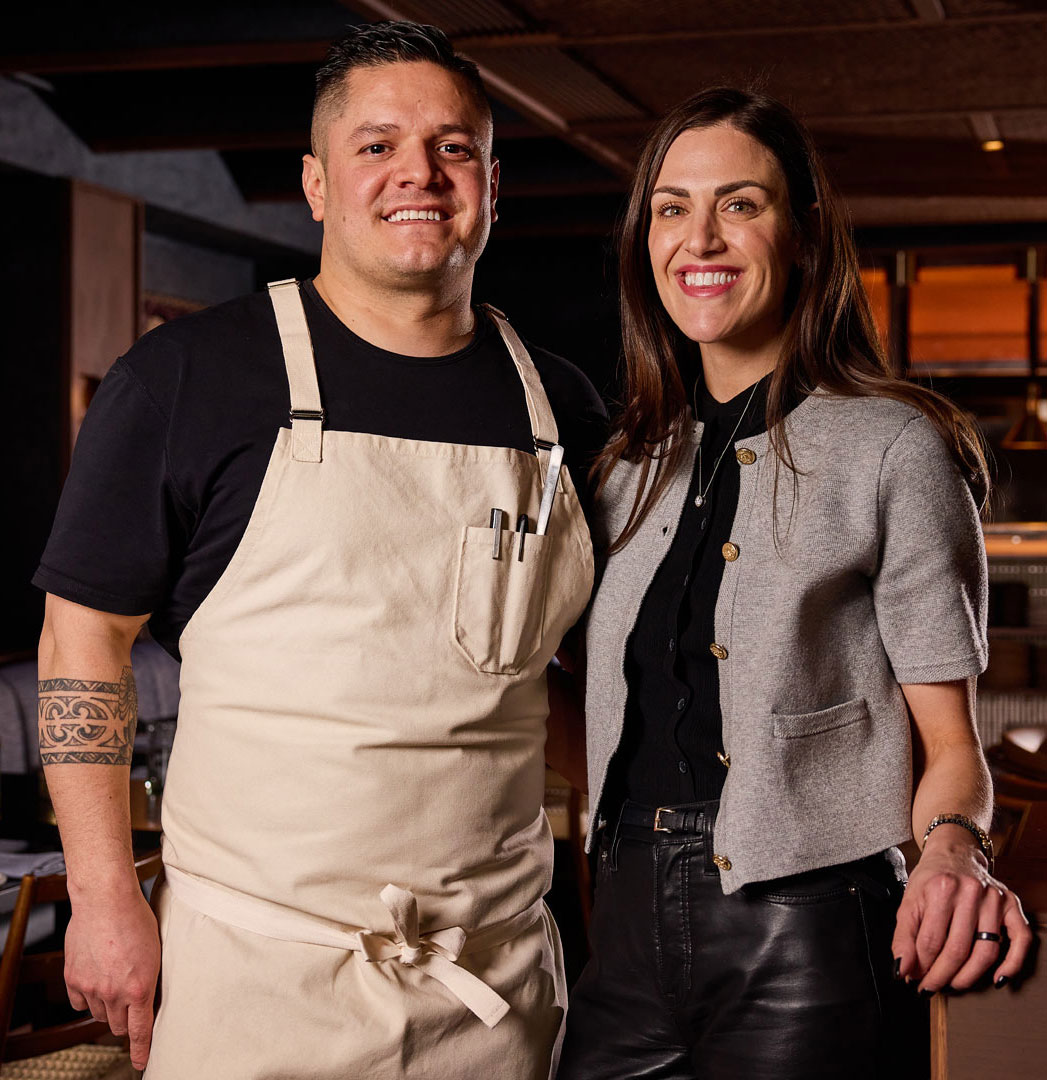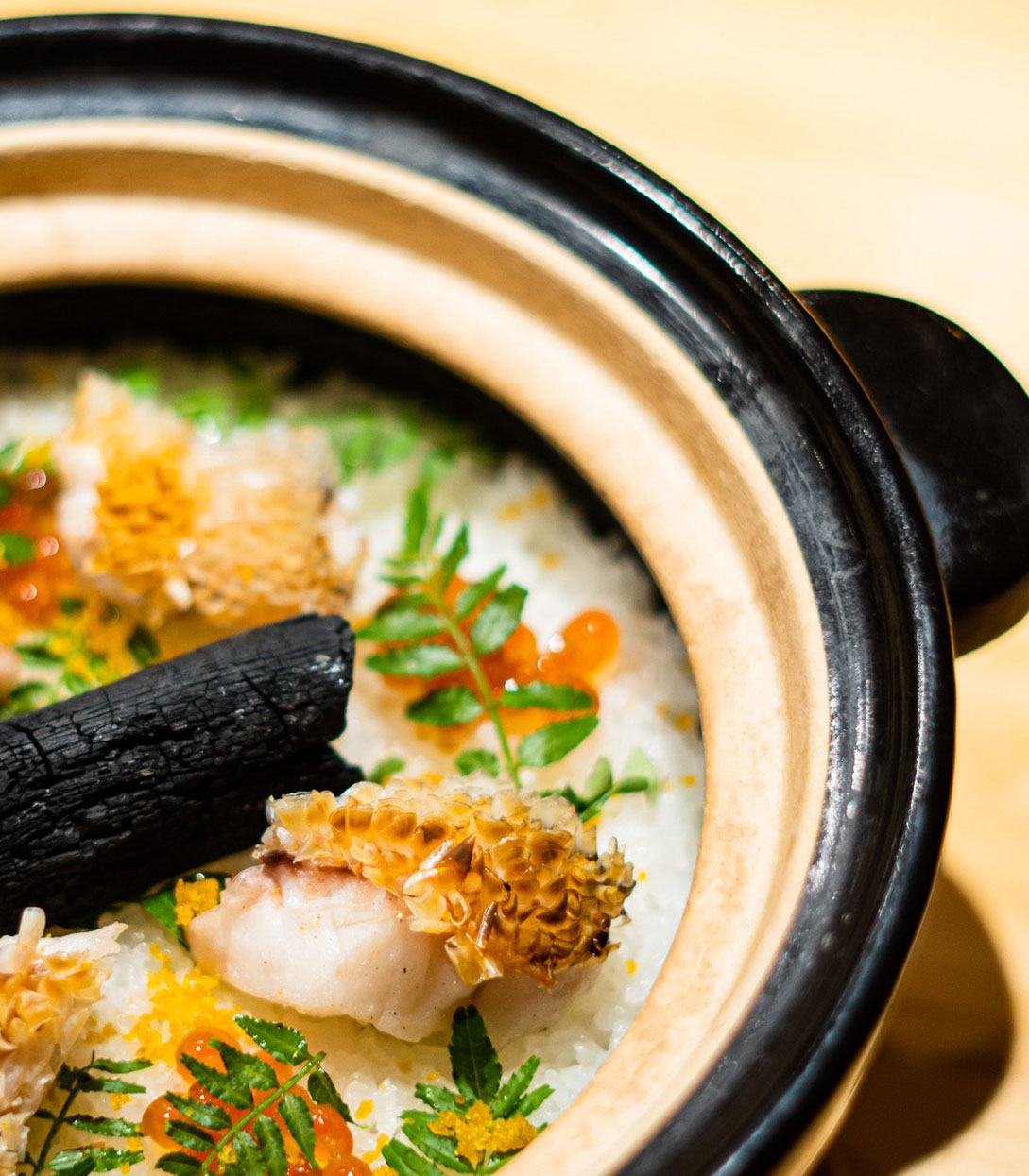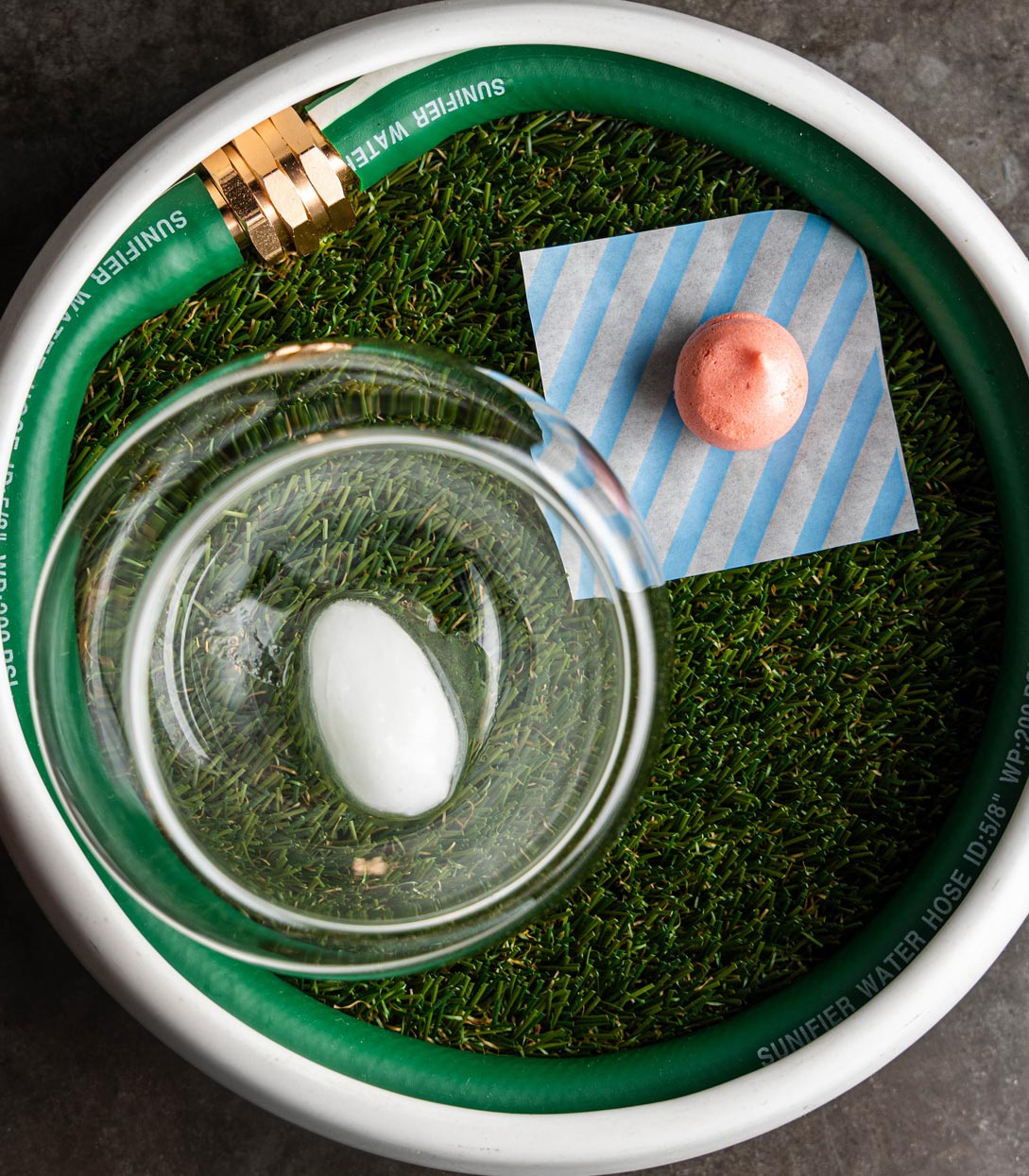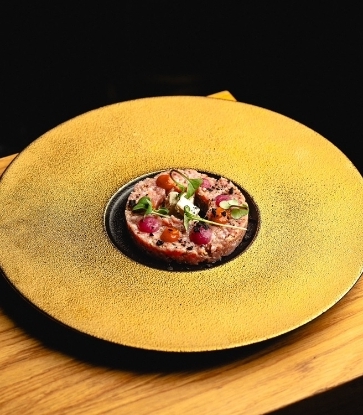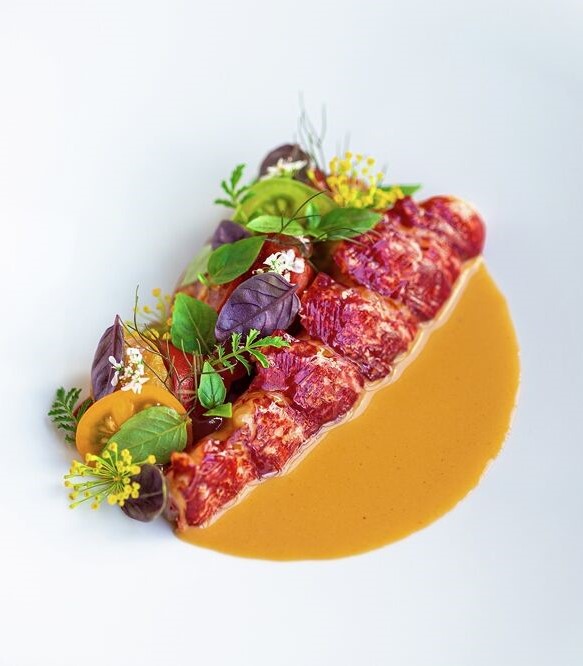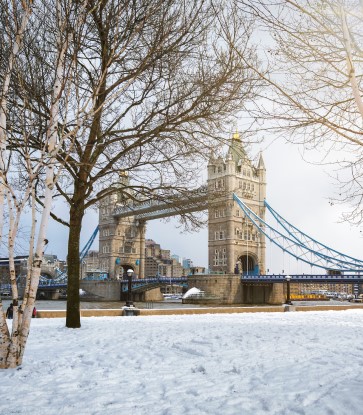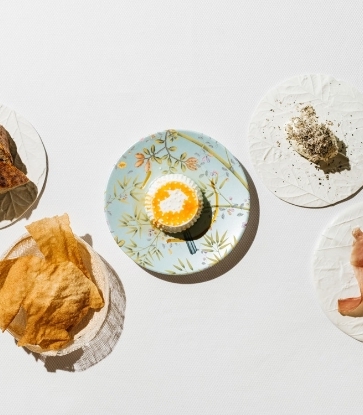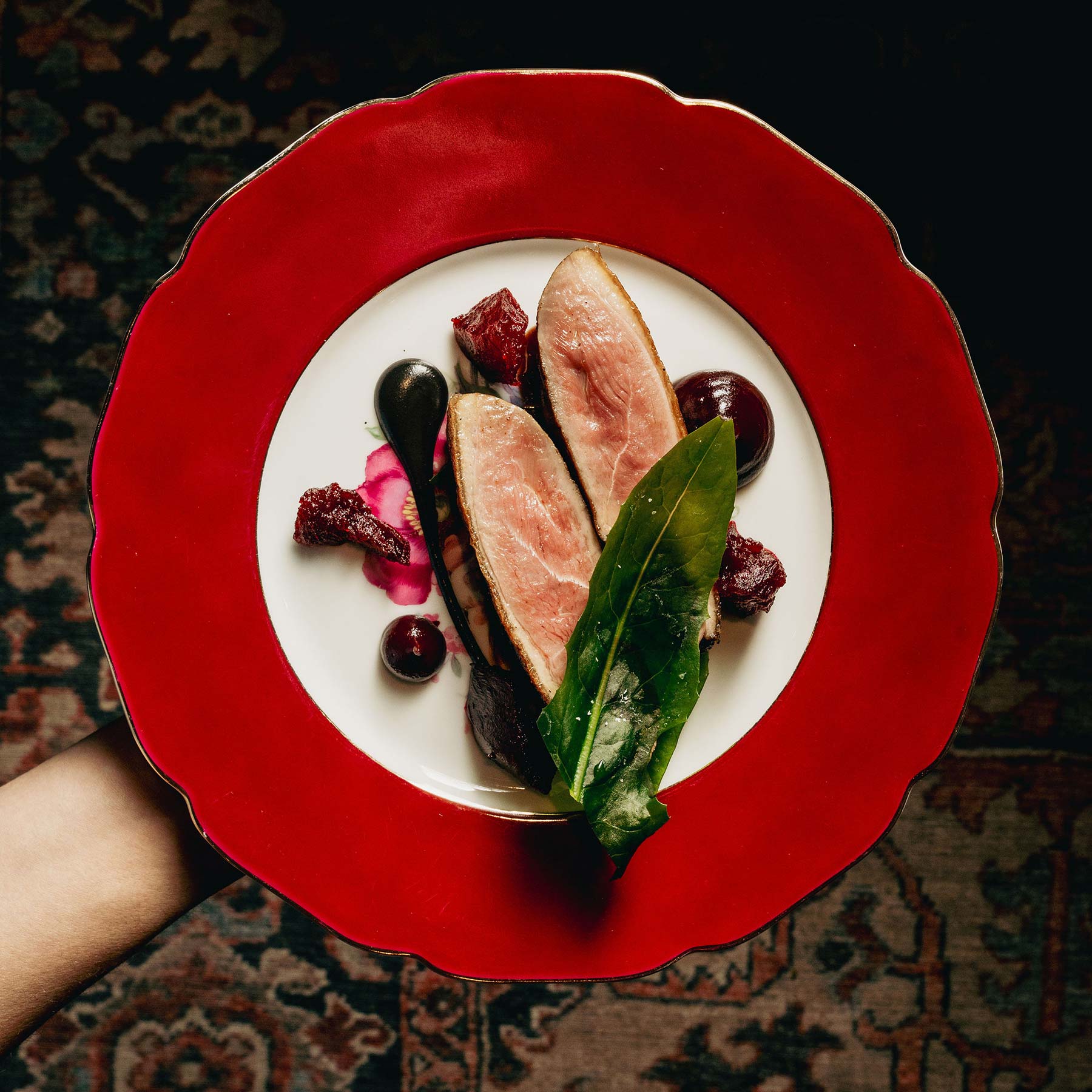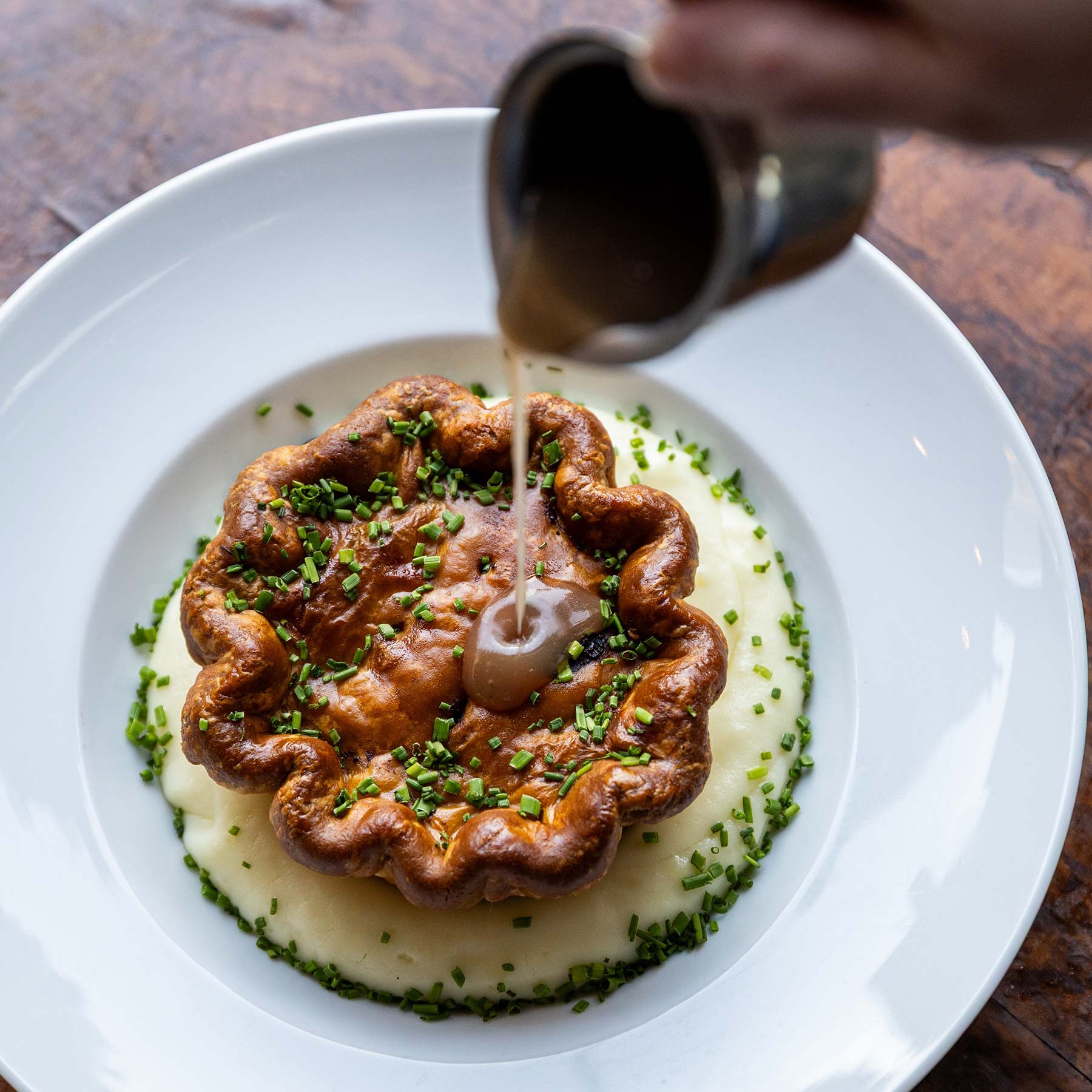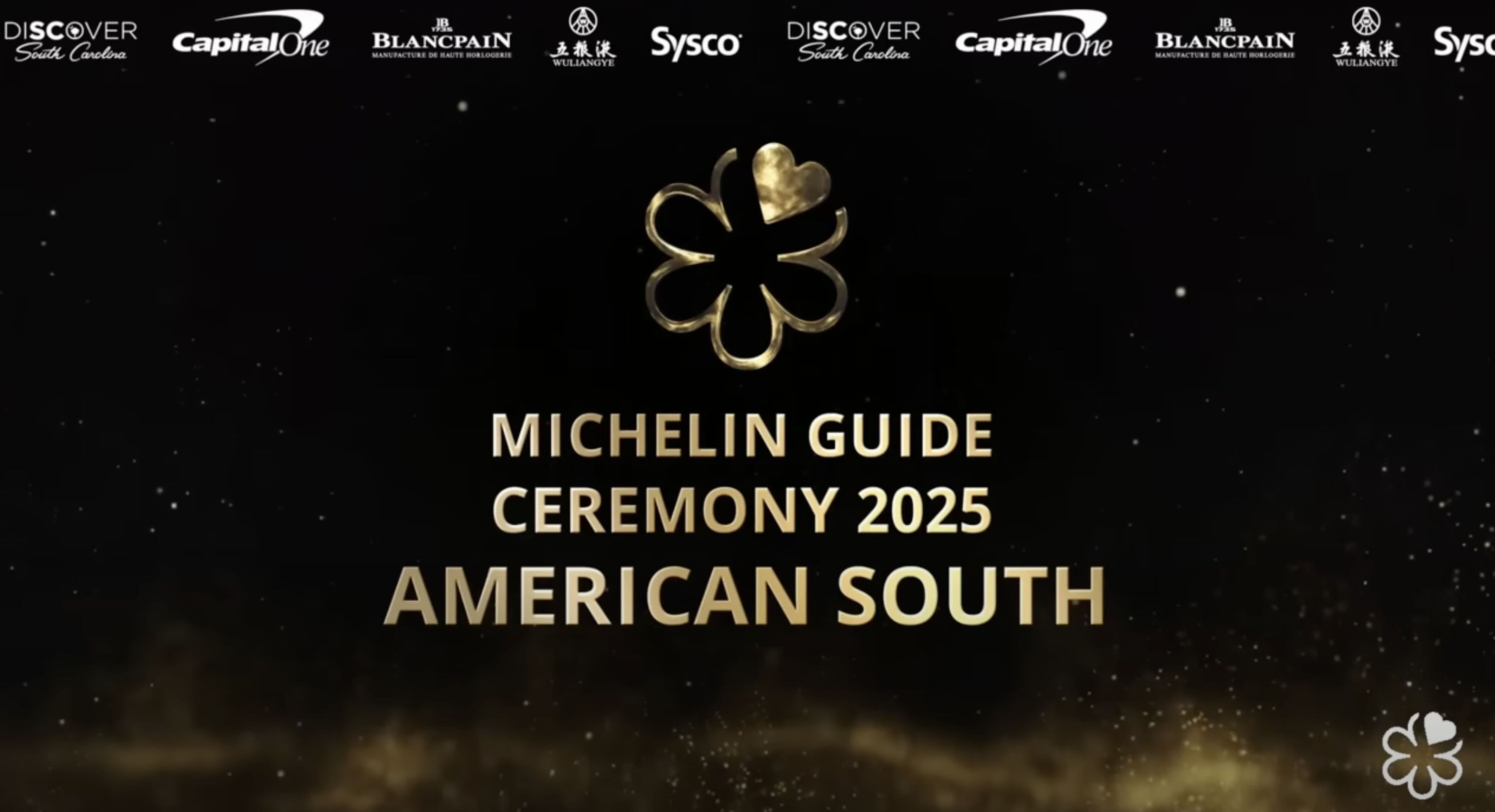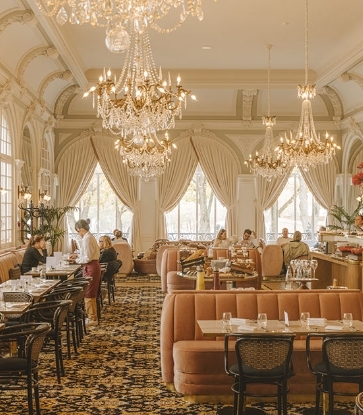Only in this way can you perceive how green can be considered a symbolic color of this nation and how nature is inherent in the DNA of the Slovenian people. And so, hill after hill, you come across villages where the food and wine culture is an integral part of daily reality, where a community revolves around local productions and its excellences.
Or they are discovered in towns almost at the border with Croatia, where the influence of the nearby Zagreb is felt, but does not override that Slovenian taste based on great raw materials at the base of a perfect path of fine dining far from the large cities. Let’s find out what we are talking about.
Gostilna Vovko
For almost 50 years Vovko has been a constant of Slovenian hospitality. Today it is run by Rok Vovko, but it was his parents, Marina and Anton Vovko, who precisely here in 1977 opened an inn dedicated to fine food and wine. We are at Brusnice, in the south east of Slovenia, at the feet of the Gorjanci mountains where the rivers Krka and Kupa run and here, since 2009, Rok has been carrying on the family tradition tied to hospitality and appreciation of the local area. This is why the cuisine aims at putting on the map the traditional products of Lower Carniola, one of the historic regions of Slovenia. Fresh, local ingredients, meals prepared with care and the rich simplicity of excellent raw materials that speak without beating around the bush too much. A seating capacity of around forty and a friendly traditional atmosphere with a wood stove and the sculptures of Ivo Ferkolj, an elderly local artist.
Rok Vovko studied accountancy and then decided to take his brother’s place and run the family business that also has nine rooms where its customers can stay right above the restaurant. His wife runs the kitchen that has its added value in the Slovenian tradition with most of the dishes remaining faithful to the place, traditions and seasons. That of Gostilna Vovko is a cuisine that looks full circle at the restaurant (from the tastes to the raw materials) and that has been a recognizable constant for many years by now. And the family management is felt from the reception at the table to the interior design that retraces the history of the place: from the floor of the main dining room made with those “tiles” that were once used to roof the Castle of Podsreda to the tables, also obtained from the Castle’s wood flooring that had been removed during the renovation works and purchased by the Vovko for their restaurant. The backrest of the seats made of oak is reminiscent of the old Slovenian chairs, while the entrance door to the inn is 120 years old, made of oak and belongs to the old farmhouse of the Vovko. In short, everything here talks of home and family and, as we were saying, the food does too.
After all, the motto is “Seasonal, fresh, sincere and local” and this is shown in dishes such as štruklji (gnocchi), svaljki (potato roulades) or tagliatelle made by hand. Two set menus available (with 5 and 7 courses), while the à la carte menu offers the right number of dishes to choose from. They include Tartar of smoked trout (of Ribogojnica Goričar) served with horseradish and mayonnaise made with pumpkin oil (the symbolic Slovenian product) or Muscat pumpkin soup with potatoes and leek. The gnocchi are made with buckwheat (that of Mlin Košak), lamb ragout and smoked ricotta cheese, while the Pork sausage is with sauerkraut and mashed beans and potatoes. The sweet štruklji are filled with ricotta cheese and tarragon and offered with a compost of apples, plum and vanilla cream, while the Porchetta is instead made from Krškopolje pigs, a native Slovenian breed. And while roast leg of veal is the specialty of the house, people also come here for the Boar meat in venison sauce offered with cheese, buckwheat, štruklji with herbs and redcurrants.


Ošterija Debeluh
Let's start from the place: the town of Brežice where there is the castle of the same name, a historic site of the twelfth century that organizes several art exhibitions during the year. A short distance from here and there is Debeluh, the fine dining restaurant managed by the chef and sommelier Jure Tomič. Opened in 2002 and family run, the restaurant is friendly, classic but with a recently built room with an indisputably modern look and it has an important wine cellar with over 480 labels capable of representing all the wine-making regions of Slovenia and many labels from all over the world. Debeluh literally means “fat man” and refers to the origins of the restaurant opened by Jure Tomič's father, of Balkanic origins, and initially dedicated to the traditional cuisine. But here, today, the refinement of the location and of the cuisine do not lead you to think of hearty meals: the dishes are delicate, perfectly executed in appearance and taste, the service (with gloves) is impeccable and the restaurant is a favorite not only of the locals, but also of tourists and those who choose it for business lunches.
This is because the chef sommelier, after years of work all around the world, decided to go back home and develop his passion for cooking through dishes capable of going beyond the local tradition, even though the Slovenian raw material is the absolute star of each course. The focus of all the dishes is on the local ingredients: local fruit and vegetables, fish of the Adriatic Sea (sea bass, red snapper, scorpionfish), meat from all over Slovenia, Croatian foie gras.
Debeluh offers a seasonal tasting menu with four, six or eight courses, but also an à la carte menu that always looks to enhance local products. Among the dishes there are musts such as Debeluh pie, a beef tartar made with meat steeped in a cold soup of nutmeg served with goose liver and quail egg spiced with coffee, but also that of Smoked trout with roast pears, horseradish and trout eggs that is reminiscent of the local geographical area that is precisely at the confluence of the rivers Sava and Krka. There is then a dish narrating so much not only of the establishment, but also of the background of this self-taught chef known at the international level, so much as for eight years to have been president of the Slovenian JRE: we are talking of the Winning Pasta, a first course made with goat cheese, pumpkin oil (of which Slovenia is a great producer) and pumpkin flowers. A dish capable of enhancing the local raw materials to the 9th power, but also of telling about this chef who in 2016 was crowned Pasta World Champion, precisely with this recipe, by Accademia Barilla. After all, pasta is at home here: this is shown by the menu with ravioli and tortellini (those with Jerusalem artichoke and lamb cooked in milk are famous) made by hand or with the attention paid to the first course in general as shown by the risottos that change with every season, enhancing the fresh produce of the time (from cep mushrooms to asparagus).
And while the influences of a Balkan cuisine are part of the chef's DNA, Debeluh is also dedicated to a sustainable cuisine not only as regards the local ingredients, no wastage and elimination of the use of plastic, but also in his approach with the crew and employees: a dozen people he is committed to also with training and who are considered part of the family.





